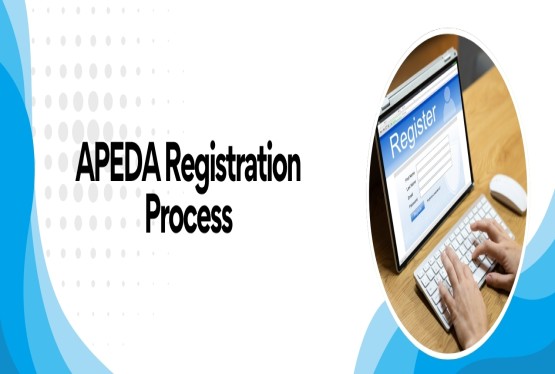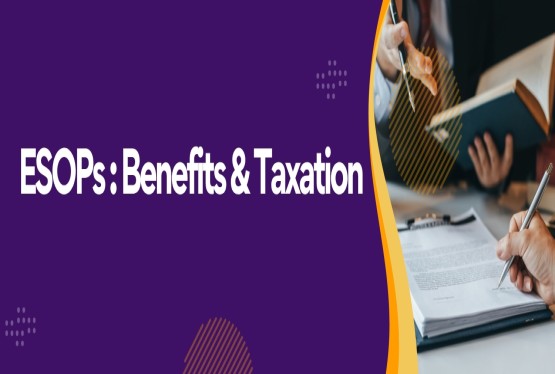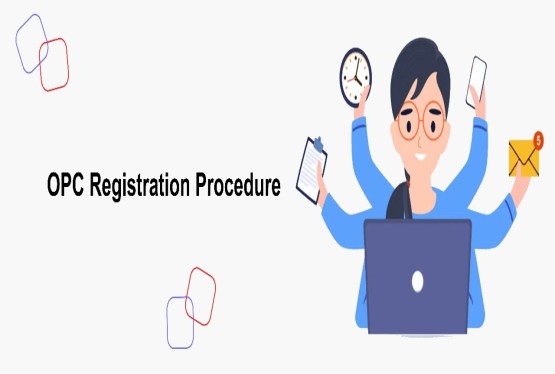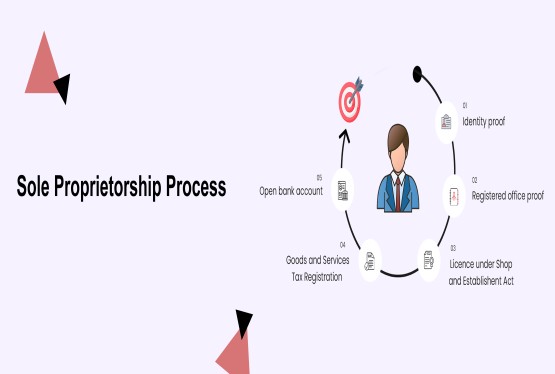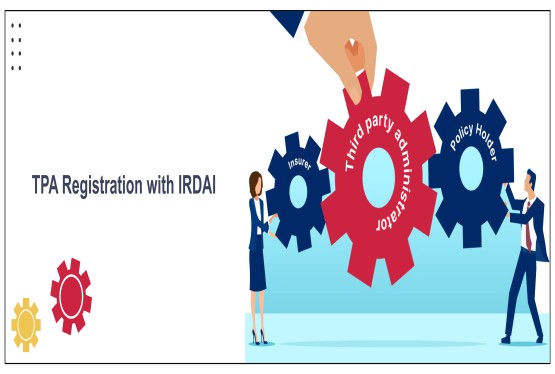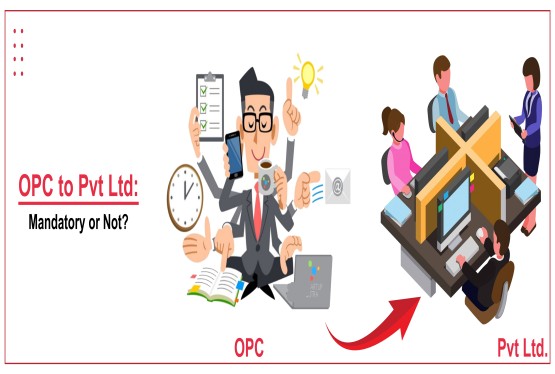The corporate structure is drastically altered when a One Person Company (OPC) is changed to a Private Limited Company (Pvt Ltd). The introduction of shareholders, the people or organizations that now control a portion of the business through shares, is one of the most significant changes. In turn, shareholders play an important role in the ownership of the company and its ability to operate as a legal organization.
Under this new ownership structure, shareholders have a direct say in how the company is run, how decisions are made, and how much money is contributed. Everyone's interests will be more aligned, and the transition will go more smoothly if they are aware of their rights, obligations, and influence following conversion.
Shareholders right after conversion
The shareholder structure introduces additional levels of accountability, opportunity, and cooperation as an OPC transforms into a Pvt Ltd business. Owners can profit from the expansion of the business and have a voice in management thanks to shareholder rights.
1. The right to vote - Voting power is one of the main privileges that shareholders in a Pvt Ltd company have.
-At general meetings, shareholders have the ability to vote on important business issues including selecting directors, approving financial statements, or altering the organization's structure.
-Each shareholder's power is proportionate to their ownership stake, and these decisions are typically addressed and put to a vote during board meetings.
In addition to helping to determine the company's strategic direction, this framework guarantees that decisions are taken collaboratively, instilling in shareholders a sense of accountability and involvement.
2. The right to dividends - Additionally, shareholders are entitled to dividends, which are sums of the business's profits given to shareholders.
-A percentage of any profits made by the business may be distributed as dividends, with the amount given to each shareholder according to their ownership stake.
-This distribution shows how profits are allocated and keeps investors satisfied and trusting, which motivates them to continue supporting the long-term expansion of the business.
It's crucial to remember that the Board of Directors weighs the interests of shareholders against the necessity for reinvestment when determining when and how much earnings should be distributed as dividends.
3. The right to transfer shares – A Pvt Ltd firm gives shareholders the option to transfer ownership, unlike a One Person firm, which is limited to a single owner.
-If a shareholder wants to leave the company, they have the option to sell or transfer their shares to other parties, offering a clear exit plan.
-Even though there might be some limitations, including board approval, this ownership transfer gives investors more flexibility and makes it simpler for them to join or leave the business.
This adaptability guarantees that the organization can adjust to shifting market conditions and draws in new investors.
Responsibilities of Shareholder in Pvt. Ltd. Company
In addition to the rights and advantages that come with ownership, shareholders also have administrative and financial obligations. Their participation guarantees the business's expansion and seamless operation.
1. Financial Contributions and Infusion of Capital - Through financial infusion, shareholders are essential to the company's finance.
-Shareholders may be asked to provide more paid-up capital if the business requires money for operations or expansion.
-The contributions of the shareholders demonstrate their dedication to the company's success, and this financial responsibility guarantees the business has the resources it needs to expand.
In order to ensure that they promote sustainable growth, shareholders must match their financial commitments with the company's strategic objectives.
2. Voting In general meetings - In order for important business decisions to be discussed and decided upon, shareholders are expected to actively participate in general meetings.
-By voting on business resolutions, shareholders have the chance to influence the firm's future during these meetings.
-Changing corporate rules, appointing new directors, or approving financial accounts are all examples of resolutions.
Attending these meetings actively guarantees that shareholders carry out their decision-making duties and support the company's growth.
Role of Minority and Majority Shareholders
Both majority and minority owners, each with specific responsibilities and varying degrees of influence, are frequently included in a Pvt Ltd company's shareholder structure.
Rights of Minority Shareholders after Conversion
Legal safeguards protect minority shareholders, or individuals who control a lower percentage of shares, and ensure that their interests are not neglected.
-They have protective rights that guarantee them a say in important decisions and shield them from majority oppression.
-They can take legal action to redress any unfair treatment if their rights are breached.
This fosters inclusivity and trust within the business by guaranteeing that even shareholders with minor shares receive equal treatment.
Influence of Majority Shareholders
However, majority shareholders—those who own a sizable percentage of the company's shares—have a great deal of influence over how the business is run.
-They have a say in choosing directors and approving important decisions because of their voting power.
-Majority shareholders have a significant influence on how corporate policies are shaped via their participation on the Board of Directors, which guarantees alignment with long-term objectives.
However, the legal framework that safeguards the interests of minorities balances their influence, promoting a sound system of administration.
Conclusion
By adding shareholders and introducing additional levels of ownership, rights, and responsibilities, the conversion from an OPC to a Private Limited Company changes the structure of the company. Because they have the authority to take part in governance, profit-sharing, and decision-making, shareholders are essential to the success of the business.
-Owners are guaranteed a voice and the opportunity to profit from the expansion of the business according to shareholder rights.
-Financial commitments provide sustained growth through capital injection by lining up shareholder interests with the organization's objectives.
-Legal protections protect both majority and minority stockholders, guaranteeing equity and avoiding persecution.
Making the switch to a Pvt Ltd company offers increased scalability, flexibility, and transparency, laying the groundwork for sustained corporate expansion.
FAQ’s
Q1. What function does a private limited company's shareholder serve?
Ans. A private limited company's owners are its shareholders. Their main responsibility is to supply funds by buying company stock. They participate in important decision-making processes, have the ability to vote in company meetings, and get dividends from the firm's profits.
Q2. In a private limited business, what are the liabilities of shareholders?
Ans. In a private limited business, shareholders' personal assets are safeguarded due to limited liability. They are only liable for the amount owed on their shares. Beyond this, they have no liability for the debts or commitments of the business.
Q3. After the conversion, are shareholders able to sell or transfer their shares?
Ans. In a private limited corporation, the Articles of Association (AoA) may contain limitations, but shareholders are free to sell or transfer their shares. Offering shares to current shareholders before selling them to third parties (right of first refusal) is a common limitation.
Q4. What impact do shareholders have on important choices made by a private limited company?
Ans. By voting on resolutions at general meetings, shareholders have a say in important decisions. Usually, shareholder approval is needed for decisions like changing the AoA, issuing new shares, authorizing mergers, or hiring auditors.












_crop10_thumb.jpg)





_crop10_thumb.jpg)




























-Form_crop10_thumb.jpg)

_crop10_thumb.jpg)























_learn_crop10_thumb.jpeg)































_crop10_thumb.jpg)

_crop10_thumb.jpg)





















_crop10_thumb.jpg)















_for_Foreign_Directors_learn_crop10_thumb.jpeg)




_Act,_2015_learn_crop10_thumb.jpg)

































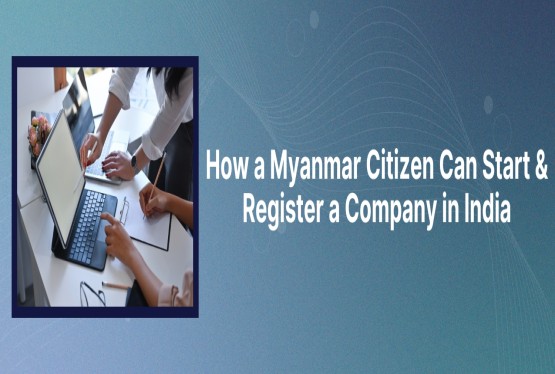

_learn_crop10_thumb.jpg)











